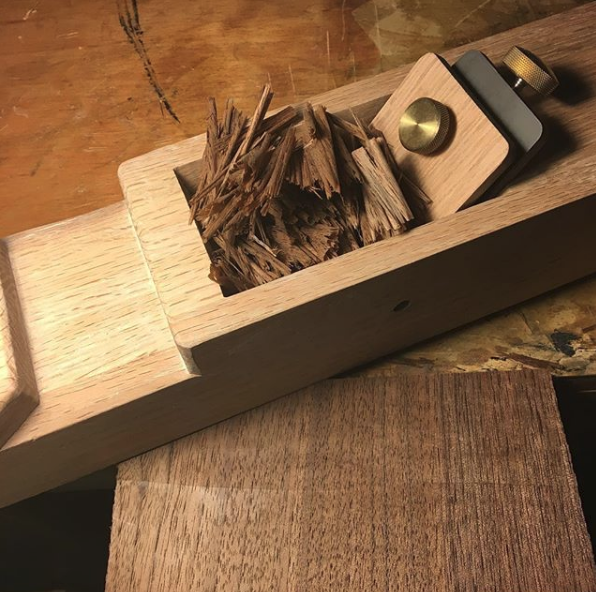Intro: Software Development a Woodworkers Perspective

Photo by Matt Thompson _mthomps4
If you want to start reading A Woodworker’s Perspective Part 1 instead of reading this article detailing my career path to Software Developer by day and Woodworker by night, you won’t hurt my feelings.
A bit about me…
I’ve always been curious about how we interact with the world. How objects, both man-made and natural, were created. As a kid, I would crack open toys to see how they were built and how the pieces interacted, sometimes destroying it in the process. I was excited to see all the pieces in a pile of rubble, what was normally hidden became a pile of new building blocks. I would attempt to learn and then use the parts in a completely new way. The way LEGOs used to be…
In truth, I didn’t understand a lot as a kid, but I wanted to. I studied and dabbled a lot in college. First, it chose Mechanical Engineering, then Graphic Design, then Biology, then Sculpture, then Computer Science, then Architecture, then Business, and back to an interest in Furniture Making. Needless to say, I pulled the all famous 5th-year and ended up with what I call a well rounded liberal arts degree. I used those years to find what I enjoyed, but even then, I was still naive and unsure of what to do.
Fast-forward a few years…
Not a lot has changed. I still describe myself as a “builder”, and I still have an interest in all the things with a hundred ideas, hoping one day to merge them into something bigger than myself*.* For now, it’s a dream. Honestly, like many others, my work has always been with an attitude, a chip on my shoulder. What’s needed to survive and to provide? What does it take to keep moving forward? For any Luke Cage fans out there, the quote “Never backward, always forward. Always.” comes to mind*.*
It’s about the process... create ways to step away
I’ve worked many odd jobs in my short career span. At some point in all of them, I hit a point knowing deep down it was never about that job or the type of work. Some of them were just means to an end, but you keep pushing forward. The motivating factor for me has always been the process. How can I get to a point where the results of what I create makes a difference? If I keep doing ‘X’ and ‘Y’ where will I be in five years? Again, similar to other stories out there, I kept finding the same notes, advice, and habits each time I made a change. I soon came to the realization that it’s not about the job — it’s about the process.
Currently, I’m a software engineer by day and a traditional woodworker wannabe by night. Both take time, patience, and a willingness to learn. One does not simply… pick up a chisel or start typing on a keyboard. Both are what I consider to be a craft. Although through different mediums, the approach is surprisingly the same. The practice and discipline from one reinforce the other. When speaking to new developers, the main advice I give is “Don’t try to learn everything at once.” Find a hobby, create ways to step away, and most importantly find something that forces you to learn and engage that’s not “work”. It should occupy your mind enough to forget about the other. When mastering a craft, it’s about the process, not the outcome. Don’t burn out.
Admittedly, that’s the hard part. You want to be the best. You want to succeed. People are depending on you. You’re running that race, but somehow always feel behind. Suddenly, you’re in your own head. When living that always forward lifestyle, people seem to forget the obvious. It’s exhausting. It’s a marathon, not a sprint, and the finish line moves. It doesn’t stop moving and neither will you if you choose. One day I’m unloading trucks, the next its building an app, and tomorrow… maybe I’ll finally start building that kitchen table I sketched three years ago. Life changes. Enjoy the process, and learn from it.
In my studies as a woodworker, I’ve encountered multiple books that take on the same two questions every beginner has. “How long did it take to master your craft?” and “How do I do the same?”
I’ll be referencing a few books throughout as they’ve helped reinforced my own thoughts, and more importantly, pointed out that my crazy habits are not all that crazy. Although related to woodworking and trade, they are still relevant to any problem solver and a good weekend read. I’ve linked them below.
I plan to document and highlight some of these preferred habits and relate them to my day-to-day as a software developer. To start… Let’s make a box!
Part 1: Planning and Preparation
Books: